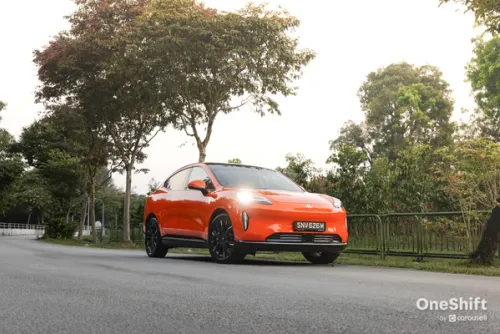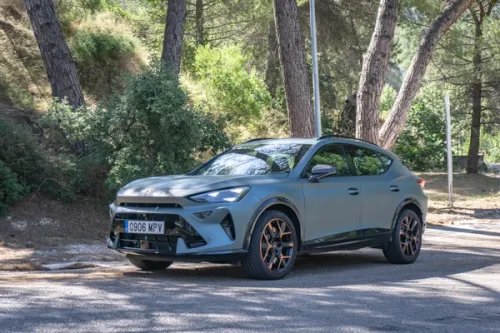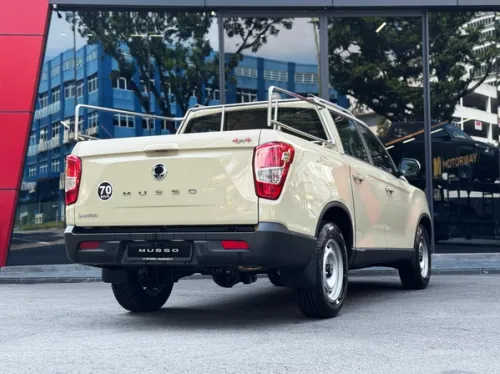Toyota to produce Camry Hybrid in Australia and Thailand
Toyota plans to sell 1 million hybrid models a year for the next two years


When the Toyota Prius hit the market in 1997 in Japan, it was the first mass-produced hybrid vehicle. Launched worldwide in 2001, the Prius achieved over 1 million cumulative global sales just last month.
Now Toyota wants to sell 1 million hybrid models per year within the next two years.
As a result, Toyota has announced it will begin producing the Camry Hybrid at Toyota's Gateway Plant in Thailand starting in 2009, with an annual production target of 9,000 vehicles. In Australia's Altona factory near Melbourne, the new Camry Hybrid will also be going into production in 2010 with an annual target of 10,000 units.
"Thailand is the first ASEAN country to build hybrid vehicles. As the Camry has received a warm welcome from Thai customers, we are sure these customers will be satisfied not only with the product but also with its environmental performance", said TMT President Mitsuhiro Sonoda at a joint press conference in Bangkok on Monday with Siam Toyota Manufacturing Co. Ltd. The event was also attended by Thai government officials.
In an Australian Government-sponsored press conference on Tuesday, Toyota President Katsuaki Watanabe said, “We decided to build the Camry Hybrid in Australia because Australians are keenly aware of environmental issues, including global warming, and we are confident that the Camry Hybrid will be well received. Toyota intends to make further efforts toward popularising hybrid vehicles.”
Credits:


Get the Best Price for your used car
from 500+ dealers in 24 hours

- Convenient and Hassle-Free
- Consumer Protection
Transparent Process
With No Obligation








